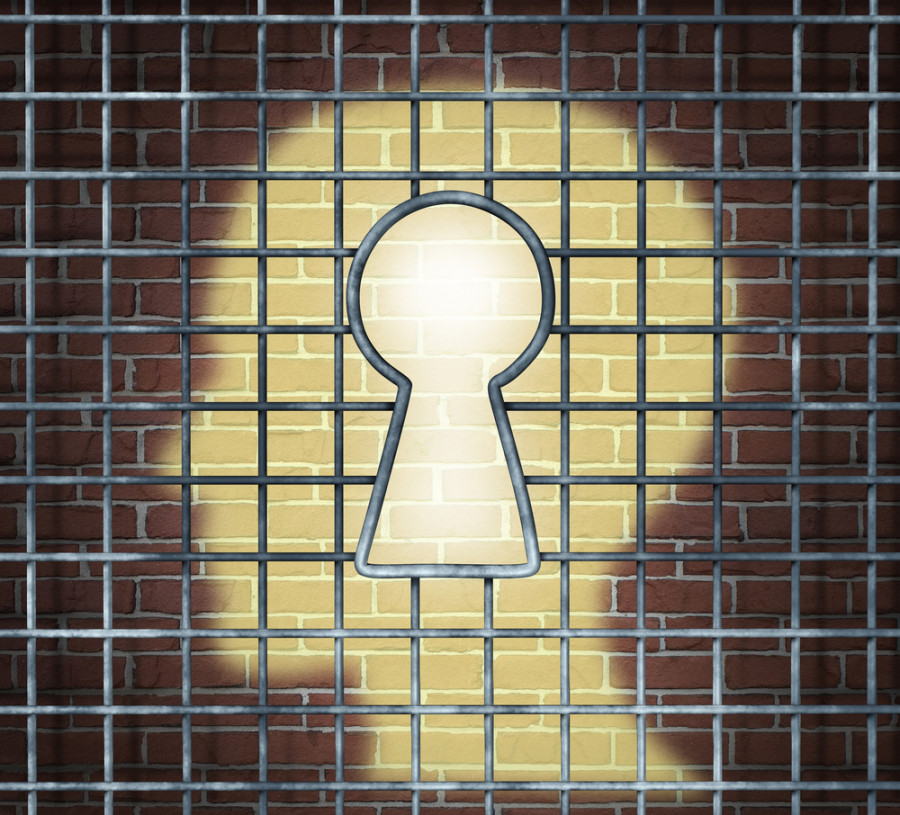National
Suicide by youth in police custody raises concern over mental health of inmates
Restrictions on visits by family members could exacerbate problems faced by those behind bars, psychiatrists say.
Shuvam Dhungana
On Wednesday morning, Inspector General Thakur Prasad Gyawali was speaking at a programme to inaugurate a building at Lalitpur Metropolitan Police Range. Mayor Chiribabu Maharjan, three Additional Inspectors General and Deputy Inspectors General were also in attendance.
It was around the same time that a detainee was found dead in police custody in the same building.
The deceased, Durgesh Yadav, 24, from Siraha had been arrested in Gwarko on June 28 for his alleged involvement in the rape of a 17-year-old physically challanged woman.
According to Superintendent Pun Bahadur Karki, spokesperson for the Lalitpur Metropolitan Police Range, Yadav, who had been living at Koteshwar, killed himself in the toilet of the police station.
“The body of Yadav was discovered by a police officer,” said Karki. “We tried to rush him to the hospital but he was already dead.”
Yadav had been kept alone in isolation as was yet to be tested for coronavirus, and officials hadn’t even recorded his statement. According to police, the man was living with his cousin in Koteshwar and since his family was in Siraha, no one had come to visit him at the police station due to the lockdown.
“Yadav might have killed himself due to humiliation and regret,” said Senior Superintendent Tek Prasad Rai, chief of Lalitpur Metropolitan Police Range.
When the Post contacted Nepal Police Headquarters and the Department of Prison Management to find out how many people had died in police custody or prison during the lockdown, both departments said they don’t maintain a record of such data.
“We do not have such data available now. However, we will try to collect it soon,” said Puskar Karki from police headquarters.
“The Department of Prison Management as a precautionary measure to curb the possible outbreak of covid-19 in prisons across the country, has directed all prisons to restrict visits since March 19, and the family of inmates haven’t been allowed to visit them since then,” said Debarsi Sapkota, information officer at the Department of Prison Management.
However, mental health experts are concerned that not allowing family members to visit inmates and detainees for a long time could trigger mental health issues among those behind bars.
“The inmates may overthink and may feel humiliated during this period as they can’t meet family and friends to communicate their feelings,” said Prabhakar Pokharel, consultant psychiatrist. “This can be dangerous so authorities should be more concerned about mental health issues among inmates,” he said.
Sapkota said that there is little chance that an inmate would cause self-harm as they are kept with a group of people with round the clock surveillance.
“However, if we notice some behavioural change among inmates, we have a medical support team and counsellors to deal with such problems,” said Sapkota. “Though we have restricted visit from outside, we have allowed them to call their loved ones.”
Niraj Bahadur Shahi, spokesperson for Nepal Police, also said precautions have been taken to prevent self-harm in custody.
“Before taking the accused into custody, we conduct a thorough check to ensure that they do not have any weapon with them,” said Shahi. “Usually we keep prisoners in groups and this helps a lot to reduce such deaths,” he added. “However, due to the pandemic, we are now forced to keep new inmates separately until they are tested for coronavirus.”
But Shahi admitted that it’s difficult to figure out who is going through mental health problems and who needs treatment as thousands of people get detained or arrested everyday.
There are currently four helplines that offer help with psychosocial problems. While the Tribhuvan University Teaching Hospital suicide hotline and Patan Hospital crisis helpline for suicide prevention operate 24 hours, TPO provides helpline services between Monday to Friday from 9:30 am to 4:30 pm.
Patan Hospital Helpline for Suicide Prevention: 9813476123
Transcultural Psychosocial Organization-Nepal Crisis Hotline: 16600102005
TUTH Suicide Hotline: 9840021600




 17.12°C Kathmandu
17.12°C Kathmandu














